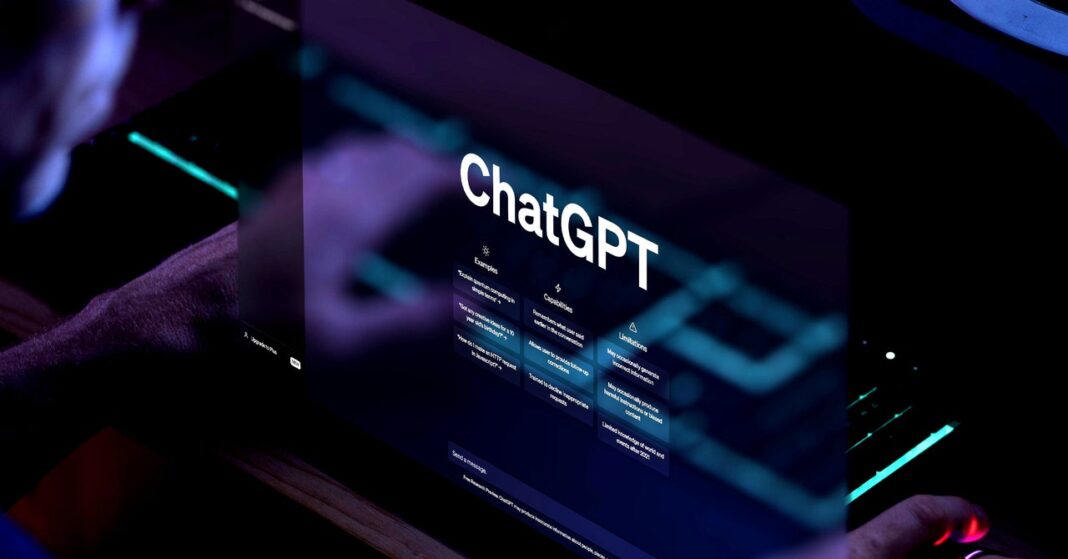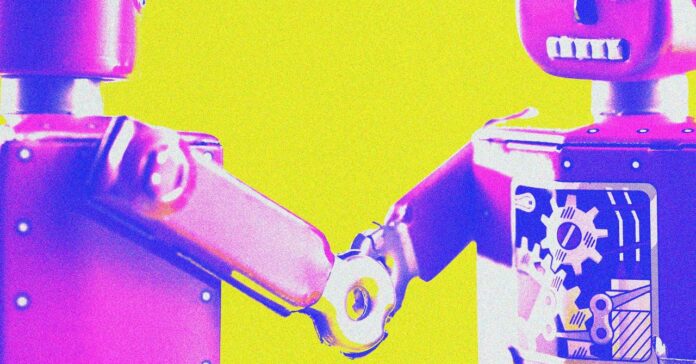In Short:
Former employees accused OpenAI of taking unnecessary risks with potentially harmful technology. OpenAI released a research paper to show it is serious about tackling AI risk, making its models more explainable. The paper outlines a method to peer inside the AI models, identifying concepts that could cause misbehavior. The research was done by a disbanded team dedicated to studying AI risks. The goal is to make AI systems more transparent and controllable to prevent unwanted behavior.
The development of OpenAI’s artificial intelligence, particularly the ChatGPT model, faced scrutiny this week as former employees raised concerns about potential risks associated with the technology.
Addressing AI Risk
OpenAI responded by releasing a new research paper demonstrating its commitment to addressing AI risk by enhancing the explainability of its models. The research focuses on a method to delve into the inner workings of the ChatGPT AI model to identify how it stores certain concepts, including those that could lead to undesirable behavior.
Company Turmoil
However, the release of this research also shed light on the recent internal struggles at OpenAI. The study was conducted by the now disbanded “superalignment” team, which was dedicated to investigating the long-term risks of the technology. Notably, the former leaders of this team, Ilya Sutskever and Jan Leike, who have since left the company, were listed as coauthors.
Understanding Neural Networks
ChatGPT operates using large language models based on artificial neural networks, a powerful machine learning approach. While these networks excel at learning tasks from data, understanding their inner mechanisms poses a significant challenge due to the complex interactions between network layers.
Enhancing Transparency
The research paper offers a technique to enhance transparency within machine learning systems by identifying patterns representing specific concepts. By refining the network used to analyze concepts, researchers aim to make AI models more interpretable and efficient.
Next Steps
OpenAI demonstrated this approach by identifying patterns within GPT-4, one of its flagship AI models. The company also released code and a visualization tool related to the interpretability work, allowing users to understand how the model processes different concepts and topics.





